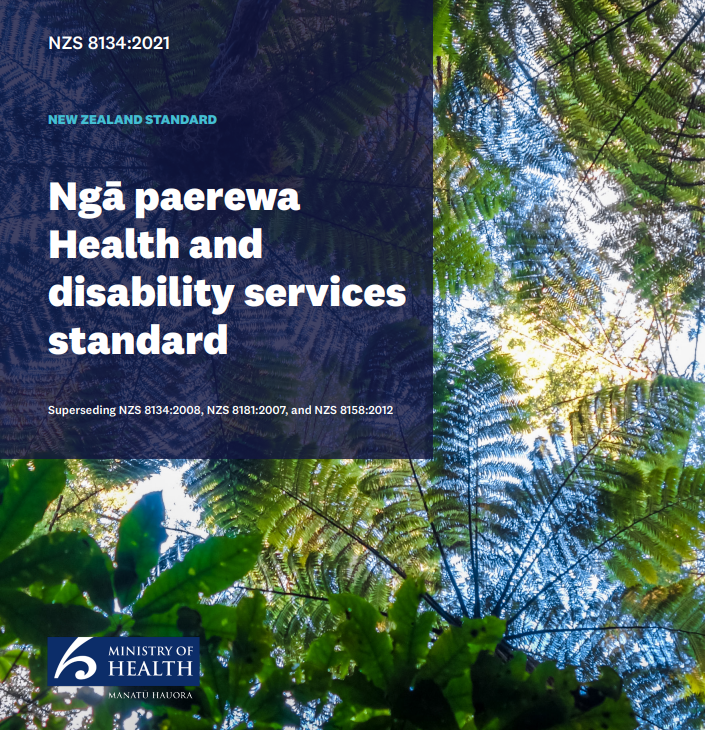Health and Disability Services Standard NZ: Understanding the Quality and Risk Requirements

Introduction
In New Zealand, the Health and Disability Services Standard (2.2) emphasises the importance of quality and risk management in healthcare settings. This section aims to ensure executive commitment, workforce engagement, and positive outcomes for service users. By adopting a risk-based approach and complying with statutory obligations, service providers can enhance service delivery and care while striving for health equity. Let’s explore the key criteria (2.21-2.28) within this section in more detail.
Executive Commitment and Workforce Participation (2.2.1)
Service providers must establish a quality and risk management system that demonstrates the active involvement of executives and the workforce. This commitment ensures that quality improvement initiatives and risk management strategies receive the necessary support and resources.
Risk-Based Quality Management Framework (2.2.2)
Service providers are required to develop and implement a quality management framework based on a risk assessment. This approach enables them to identify potential risks and implement measures to mitigate them effectively. By continuously monitoring and addressing risks, service providers can enhance service delivery and care outcomes.
Evaluation of Progress (2.2.3)
To maintain a focus on quality improvement, service providers should regularly evaluate their progress against predetermined quality outcomes. This evaluation process helps identify areas for improvement, informs decision-making, and enables the implementation of necessary adjustments to enhance service delivery and care.
Identifying Risks and Opportunities (2.2.4)
Service providers need to proactively identify both external and internal risks and opportunities. This includes considering potential inequities to ensure that healthcare services are provided in a fair and equitable manner. By developing a comprehensive plan to respond to these risks and opportunities, service providers can effectively manage potential challenges and optimize service delivery.
Adverse Event Reporting (2.2.5)
Service providers must follow the National Adverse Event Reporting Policy, which includes both internal and external reporting requirements. This policy aims to reduce preventable harm by promoting a culture of learning from adverse events. By reporting incidents, service providers contribute to system-wide improvements and ensure the safety of service users.
Essential Notification Reporting (2.2.6)
Compliance with statutory and regulatory obligations is crucial for service providers. They must understand and adhere to requirements related to essential notification reporting. By promptly reporting critical incidents and notifying the relevant authorities, service providers contribute to a robust and transparent healthcare system.
Delivering High-Quality Healthcare for Māori (2.2.7)
Service providers have a responsibility to ensure that their healthcare and support workers can deliver high-quality care for Māori. This includes fostering cultural competence, understanding cultural needs, and addressing any disparities or inequities in healthcare access and outcomes. By actively promoting Māori health, service providers contribute to improved health outcomes and experiences for Māori communities.
Improving Health Equity (2.2.8)
Critical analysis of organizational practices plays a vital role in improving health equity. Service providers must examine their operations, policies, and procedures to identify potential barriers and biases that may contribute to health inequities. By addressing these issues, service providers can work towards achieving equitable access to healthcare services for all individuals.
Conclusion
The Quality and Risk section (2.2) of the Health and Disability Services Standard NZ outlines essential criteria for service providers to ensure high-quality care, effective risk management, and improved health outcomes. By fostering executive commitment, engaging the workforce, adopting a risk-based approach, and complying with reporting obligations, service providers can enhance service delivery, address inequities, and promote health equity. These efforts contribute to a safer, more inclusive, and patient-centered healthcare system in New Zealand.
To download the standard: https://www.standards.govt.nz/shop/nzs-81342021/
